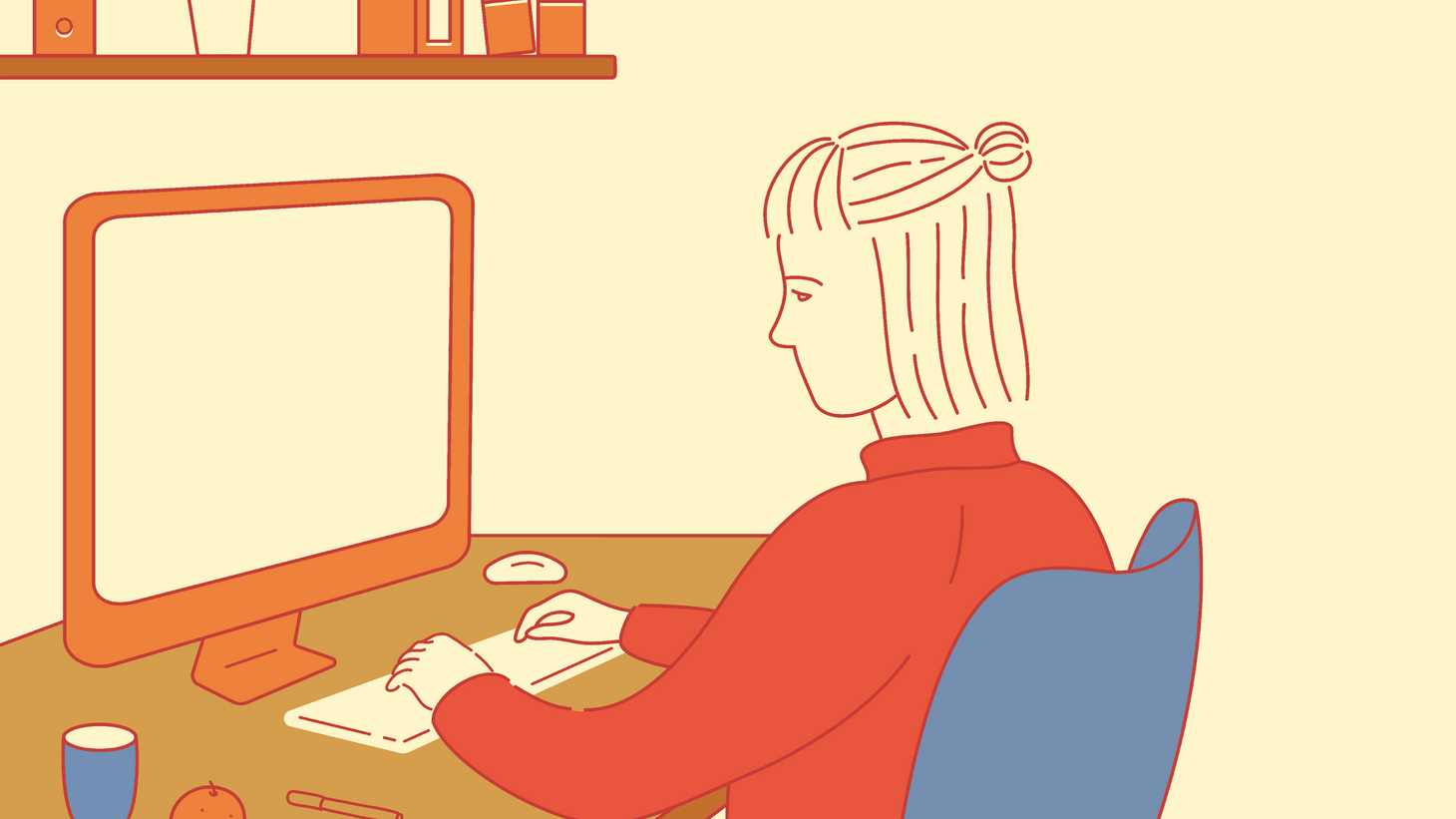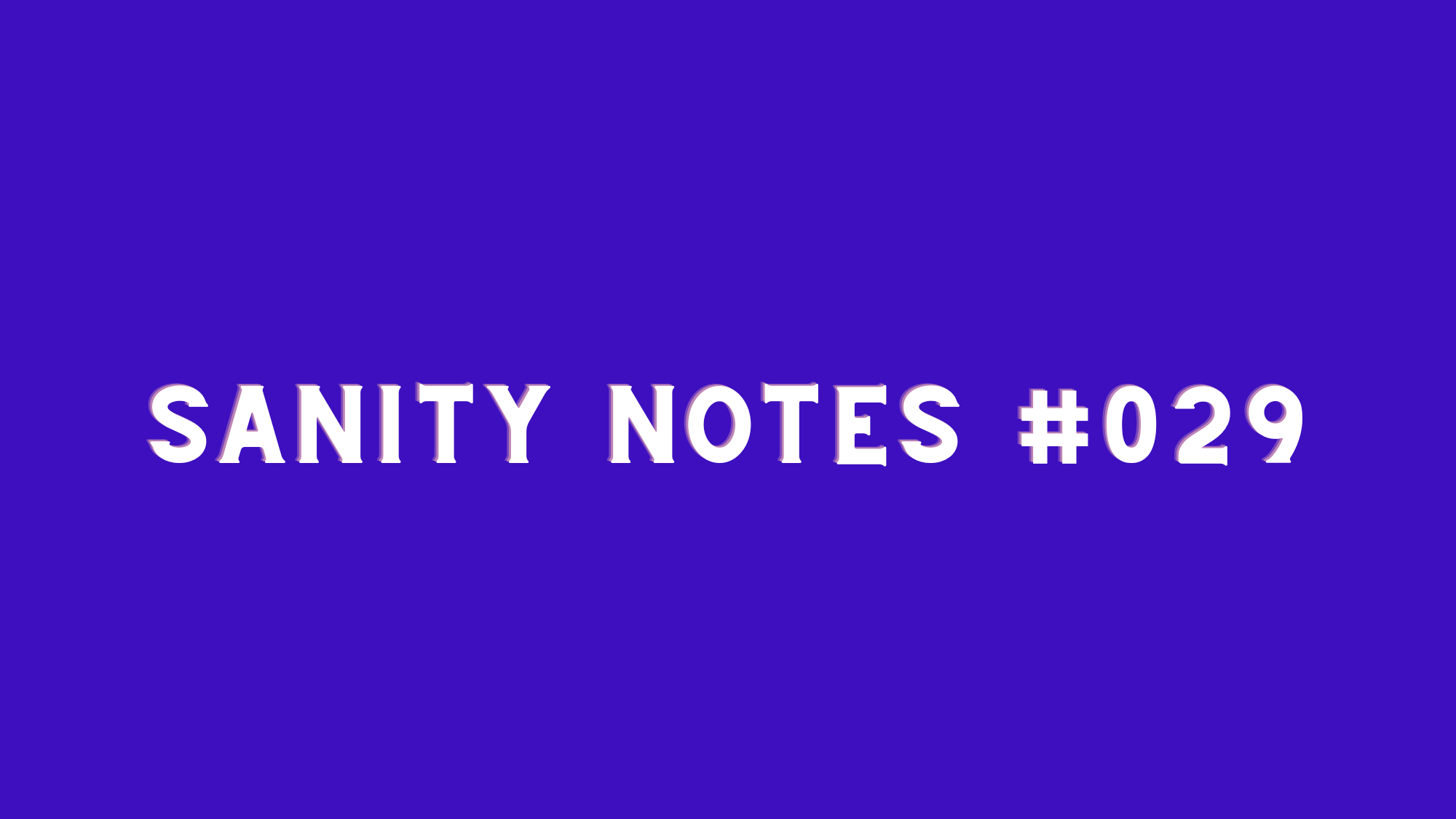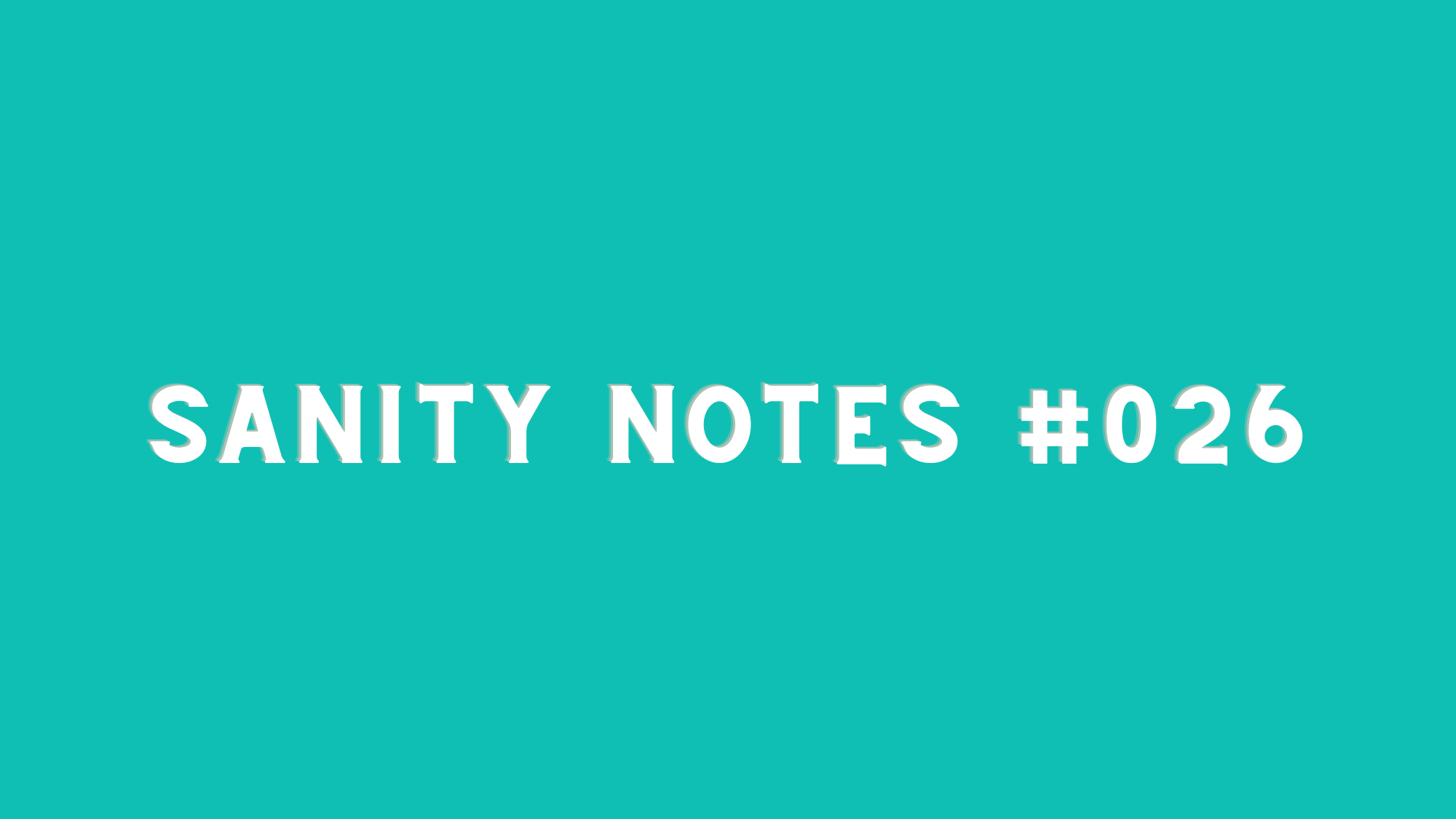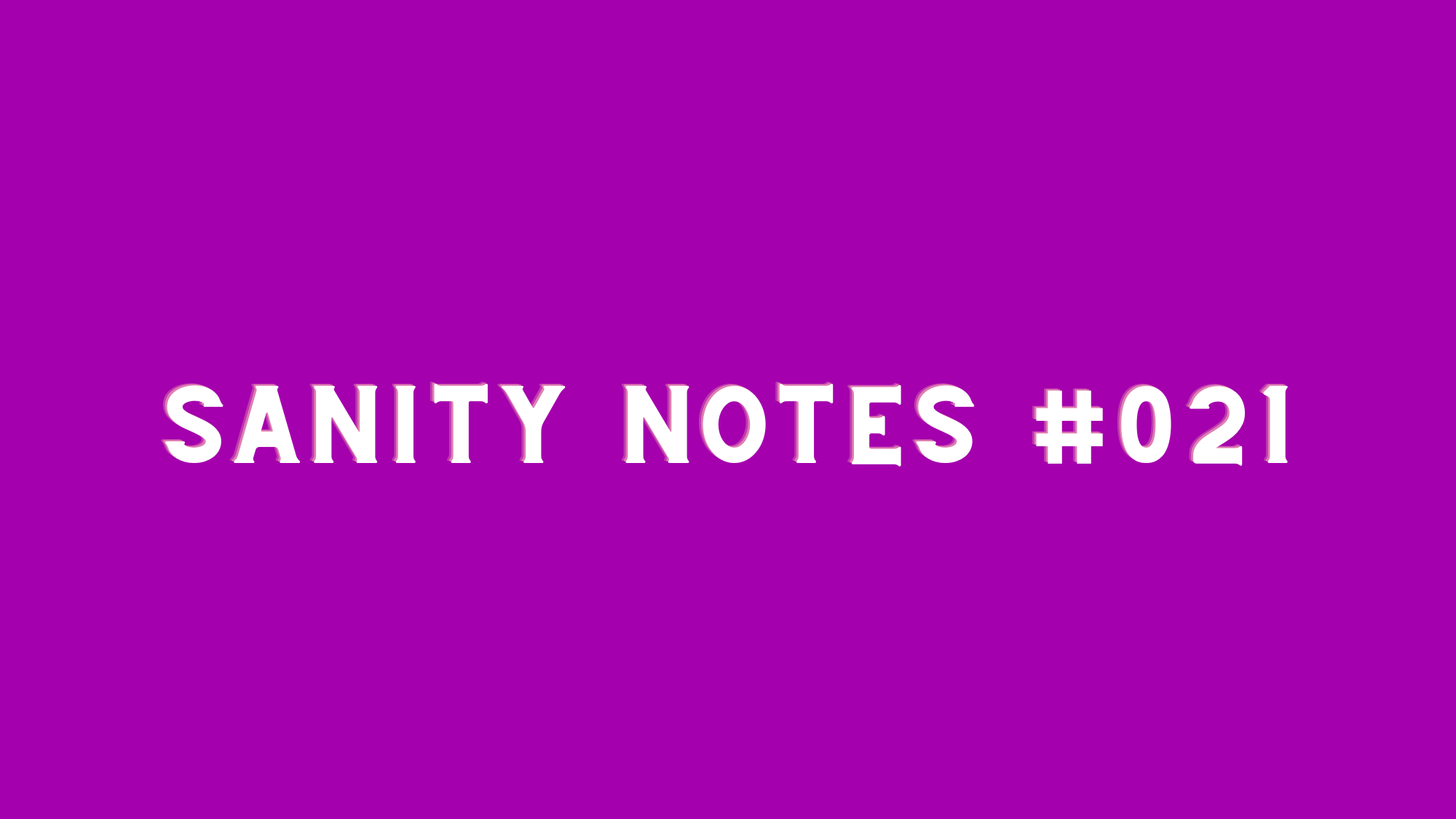An argument against gutting it out on the hard days
We applaud grit, long-hours, and blowing through walls. But great entrepreneurial work tends to come more from creative insights and thoughtful reflection.

"Random depression"
I received the following email from a client this morning:
I think I'm dealing with a bit of random depression so I'm trying to get out of the funk.
One of the many gifts I have discovered in moving from founder CEO to coach has been the normalization of my own ups and downs.
The creation of something from nothing is a curious thing.
It requires energy, motivation, and creativity.
And each of those things can be fleeting.
On the days when you find yourself low on any one of the three, trying to white-knuckle your way out of it can be counter-productive.
A simple contrast can show why.
The power of flow
Think of the last time you felt close to a 10 at each. Fully energized, highly motivated, and steeped in creativity. How easy does your work come in those moments?
If you are anything like me, any problem feels manageable from that state. Challenges feel like opportunities. Writing or coding or pitching comes easily. You are in your groove.
When I am on the other end of the spectrum, everything feels very much the opposite.
I have founded multiple companies, raised tens of millions of dollars, and built products used by hundreds of thousands of people.
And on some days, cleaning up the breakfast dishes feels daunting.
In my early years as a CEO, I would grind through the hard days.
Sometimes you must.
But if you are like me, you grind because that is how you have learned to operate. And you will reach a point where you find the grind no longer of service.
At that point, you may realize that what your team, your company, and your own humanity needs most is not more grind. What is needed is you back in the flow.
And the way back is not pathed with grind.
Turning toward curiosity
As I read that email this morning from my client, I felt filled with compassion. I know those days very well. Where nothing is particularly wrong, but depression looms.
I responded with the following note:
What comes up if you turn to the depression with curiosity for a moment? Anything it has to say, or invite you to, or remind you of?
Why did I write that?
I could have told her I was sorry she was having a hard day. But I am not certain I am sorry for her.
Now, clinical depression is a big deal. It should be treated in partnership with a therapist or psychiatrist. I do not want to minimize that. But this fleeting depression, or anxiety, that most of us experience regularly, can actually be of service to us.
Our bodies or minds may be telling us something. Or inviting us to slow down and notice something.
The path to noticing, learning, or to finding our next experience of high-energy and flow is not to push through.
What can be of greater service on such days is getting curious about the mood we are experiencing.
For me, days of seemingly random depression are often a reminder from my mind or body to slow down and rest. If I approach that insight with trust, believing that the time of motivation and energy is around the corner and will return, I can carve out opportunity in the current moment to be gentle with myself.
More artist less ditch digger
In my early days as an entrepreneur, I viewed the task a lot like digging ditches. I thought the more hours the better and the more dirt I moved the more likely I would succeed.
There are certainly days of entrepreneurship that are like that. But most are not.
Most of the critical days of being a founder are about finding insights and creatively solving problems.
It is more art than ditch digging.
As I slowly began to see that my craft was more painter than ditch digger, I found myself over time getting very curious about how great artists work. One book that was very helpful in my exploration was Daily Rituals: How Artists Work by Mason Currey.
As I read through the book, I began to identify patterns on how the greats approached their craft. I found most do not grind. Most:
- Wake up early
- Create wide swaths of focus time
- Take frequent breaks and walks
- Finish their work day by mid-afternoon
- Work out their hard problems (or blocks) through long walks or time with friends
Perhaps most powerfully, great artists do not seem to grind when inspiration wanes or energy is low.
I love this quote from Zach Galifianakis:
Destroy the idea that you have to be constantly working or grinding in order to be successful. Embrace the concept that rest, recovery, and reflection are essential parts of the progress towards a successful and happy life.
What if we destroy the idea that you have to be constantly working or grinding in order to build a successful business?
What if we embrace the concept that rest, recovery, and reflection are essential parts of the progress toward a successful and happy company?
An invitation
A few questions I would invite you to consider (or journal) if you find yourself overwhelmed with the grind today:
- How would your experience of your leadership role if you viewed yourself as a craftsman instead of a business person?
- How might you adjust your approach to the work day if you believed that rest, recovery, and reflection were essential to your job? (Hint: they are).
- What might you dare to try today to create just a bit more space in your day or to offer yourself a bit of care and compassion?
I write this with tremendous love and empathy. Leading is fucking hard. Particularly in times of tremendous uncertainty.
You are doing just fine. And you are not alone.
-Matt
Sanity Notes Newsletter
Join the newsletter to receive semi-weekly updates in your inbox.


